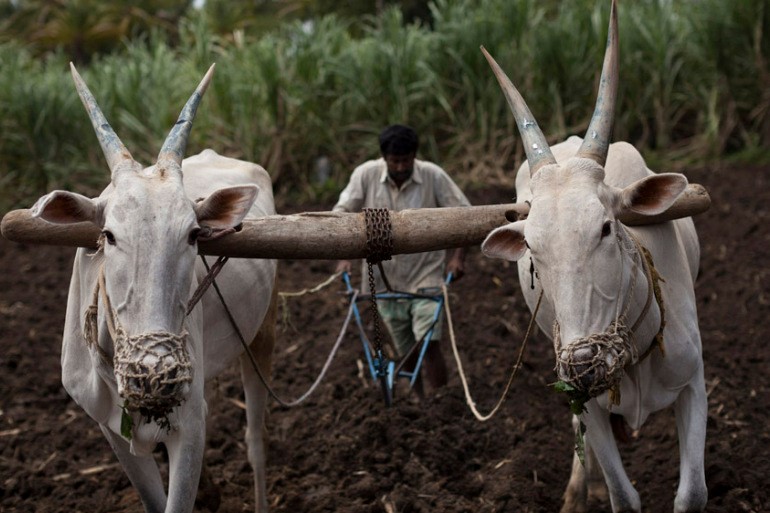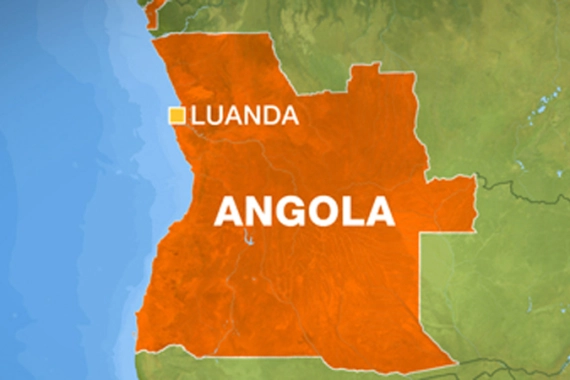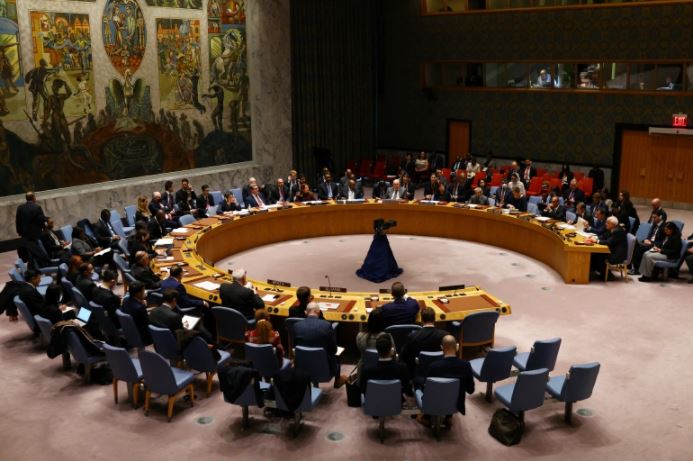
The farmers have been voicing their demands since February 13, 2024, calling for legislation that guarantees Minimum Support Prices for their crops/Al Jazeera
Farmers in Punjab, India’s northern agricultural hub, are gearing up for another powerful demonstration on December 30, with plans to enforce a state-wide shutdown, with the exception of emergency services. This protest, now entering its second year, is a continuation of their fierce battle for fair treatment and recognition in a system that they say has long neglected their needs.
The farmers have been voicing their demands since February 13, 2024, calling for legislation that guarantees Minimum Support Prices (MSP) for their crops. This law, they argue, would ensure that their produce is sold at a price that reflects the true value of their labor and efforts. Without it, many farmers fear they will continue to face crushing debt and economic instability. The issue of MSP is not just about fair pricing—it’s about the survival of rural farmers, the backbone of India’s agricultural sector.
The protests, however, have not come without conflict. Earlier this year, tensions between the authorities and the farmers escalated, resulting in clashes. In a bid to suppress the demonstrators, the police fired tear gas and plastic bullets, hoping to disperse the crowds and stop the march. The confrontations serve as a grim reminder of the unrest that has plagued this issue for years. Farmers are determined to make their voices heard, fearing that the situation will spiral into something even more dire if their demands are not met.
This latest wave of protests comes with the painful memory of the farmers’ 2020 struggle still fresh. Back then, thousands of farmers camped at the borders of Delhi for months, protesting controversial agricultural reforms. The sheer scale of the protests, combined with their unwavering resolve, forced the Indian government to repeal the reforms, a rare victory for the farming community. But now, as they face a new set of challenges, farmers worry that their gains may be eroded, and that their livelihoods remain under threat.
The December 30 shutdown is not just an act of protest; it is a call for justice, for recognition, and for a future where the farmers of Punjab, and India at large, no longer have to fight for their survival in an increasingly volatile and uncertain world. The outcome of this ongoing battle will have far-reaching consequences, not only for the farmers but for the future of India’s agricultural landscape.
Agencies.
- Most Viewed
- Most Popular

















